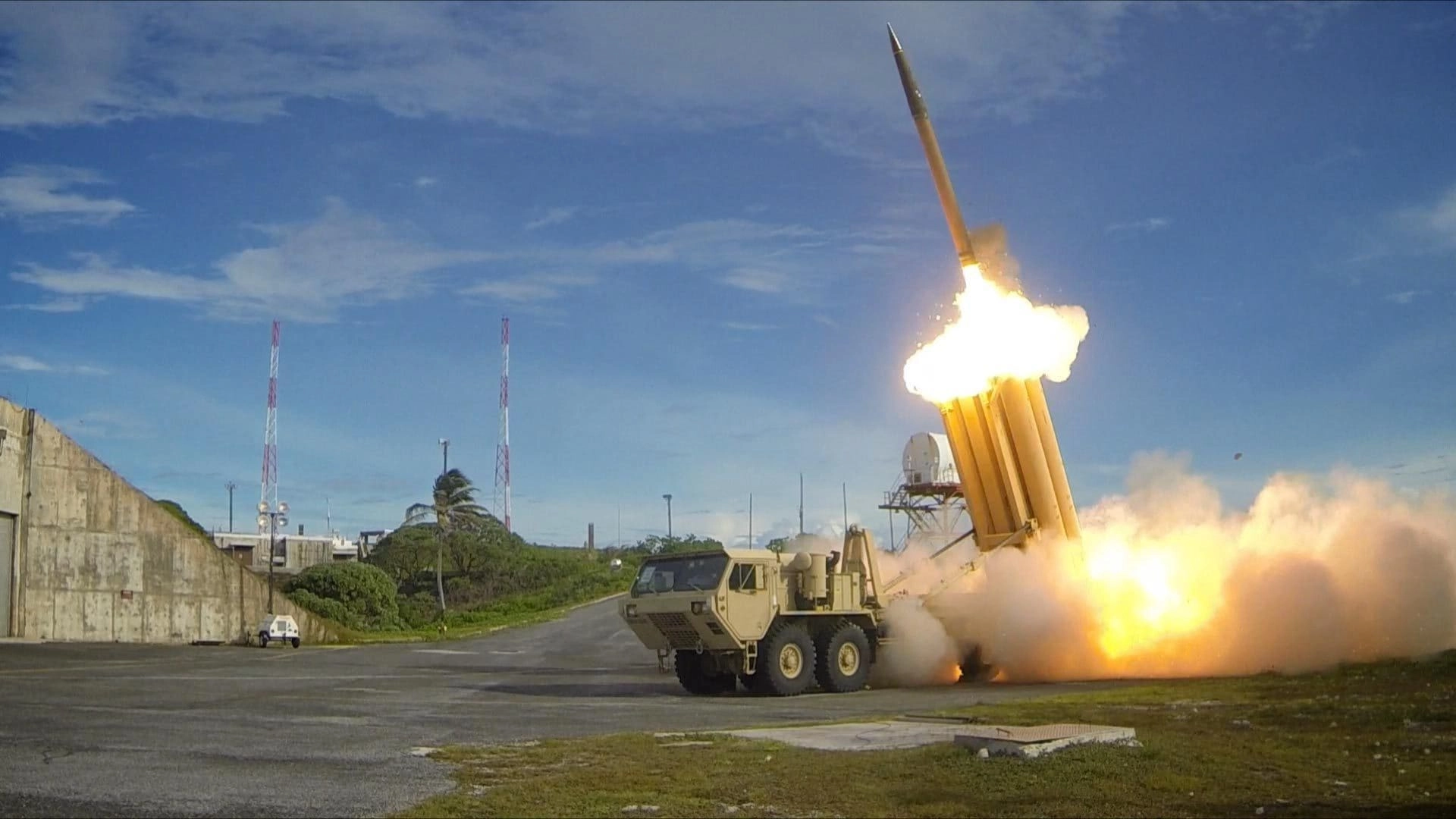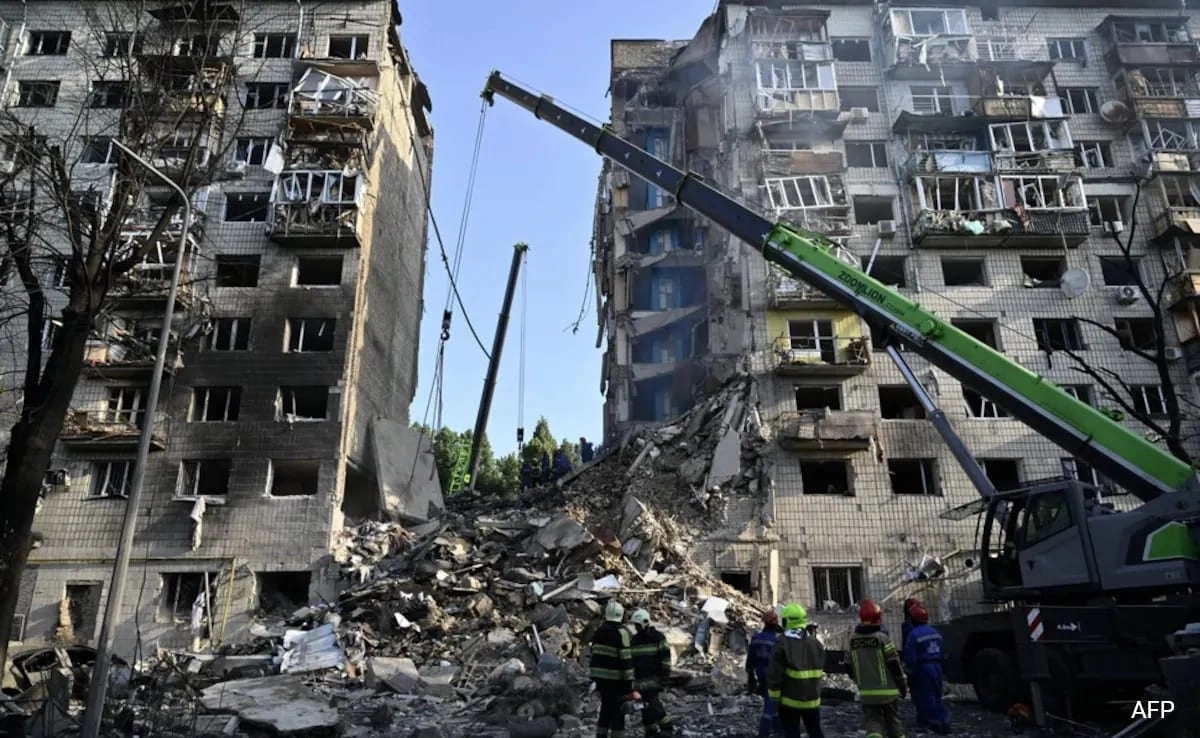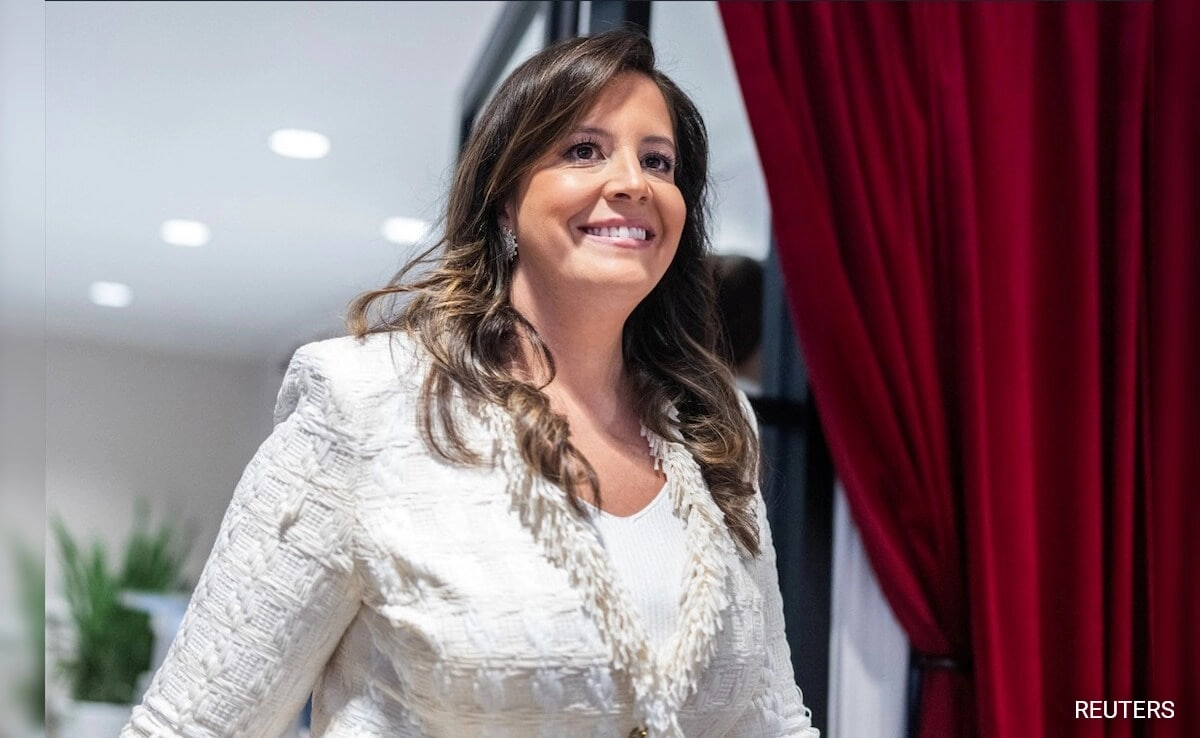In recent developments, the United States has allocated a staggering $800 million towards the Terminal High Altitude Area Defense (THAAD) missile system within a mere 12-day period. This significant investment underscores the U.S. commitment to bolstering Israel’s defense capabilities amid escalating tensions in the region, particularly concerning the perceived threat posed by Iran. The THAAD system, designed to intercept and destroy short, medium, and intermediate-range ballistic missiles, represents a critical element of Israel’s defense strategy. This financial infusion reflects not only military support but also a broader geopolitical stance aimed at stabilizing an area fraught with conflict and uncertainty.
The urgency behind this funding can be traced to the ongoing hostilities and the precarious security landscape in the Middle East. Iran’s advancing missile technology and its continued aggressive posture towards Israel have heightened concerns among Israeli and U.S. military officials alike. By enhancing Israel’s missile defense capabilities, the U.S. aims to deter any potential attacks and reassure its ally of its unwavering support. This move is part of a larger strategy to counter Iran’s influence in the region, which is viewed as a destabilizing force by both Israel and the United States.
Moreover, the decision to invest heavily in THAAD systems aligns with the U.S. policy of maintaining a qualitative military edge for Israel in the face of evolving threats. The partnership between the two nations has historically included various forms of military aid, yet this recent financial commitment signifies a proactive approach to address immediate security challenges. As Iran continues to develop its military capabilities, including precision-guided missiles, the U.S. and Israel recognize the necessity of adapting their defense strategies to ensure the protection of Israeli citizens and interests.
In conclusion, the $800 million expenditure on THAAD missiles within such a short timeframe is a clear indication of the U.S.’s strategic priorities in the region. This investment not only reinforces Israel’s defense posture but also serves to enhance the broader security framework in the Middle East. As tensions continue to rise, the implications of this funding extend beyond military considerations; they reflect the complex interplay of diplomacy, defense, and international relations that define the U.S.-Israel partnership in a volatile geopolitical landscape.




